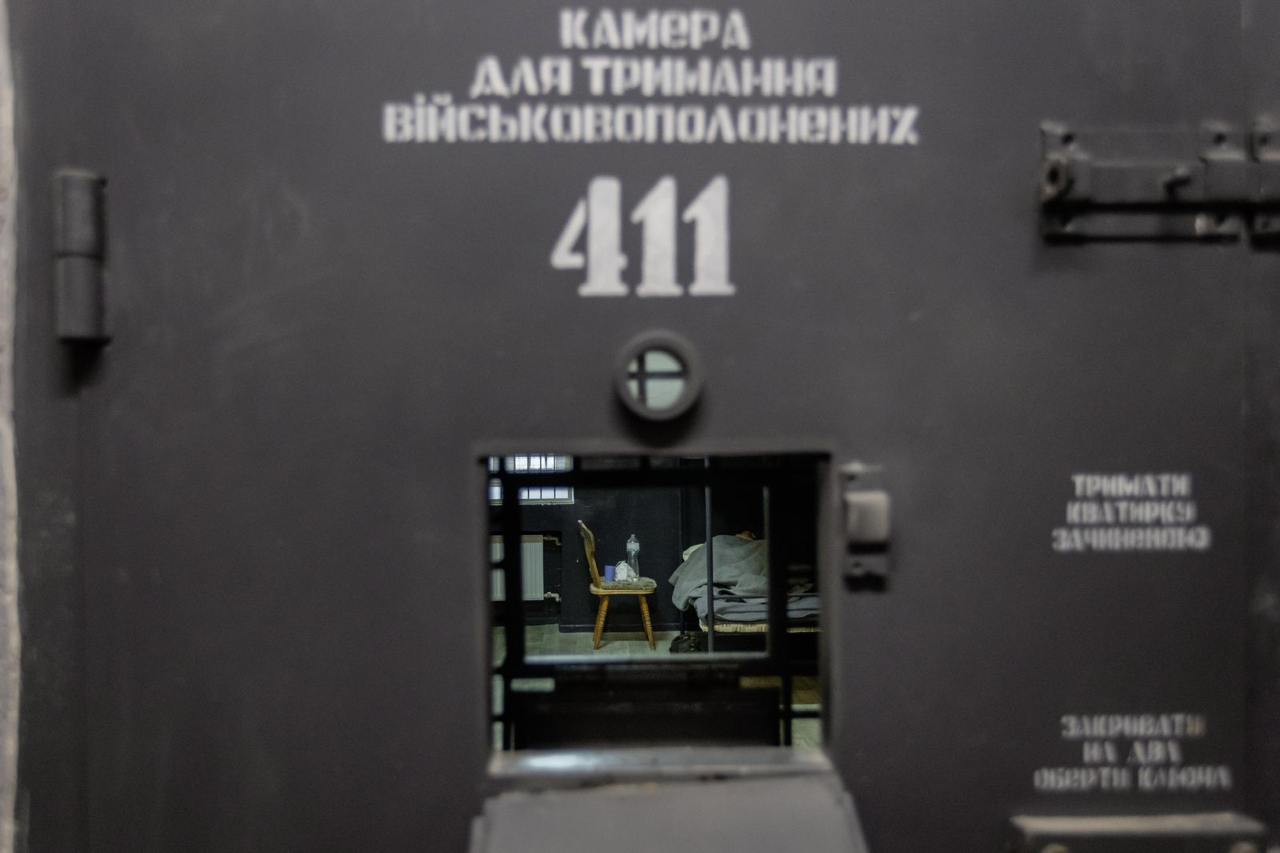
North Korea is preparing to send more troops to Russia after its soldiers fighting in the Russian-Ukraine war suffered heavy casualties.
That’s according to South Koreans who also said that North Korea is continuing its preparations to test-fire an intercontinental ballistic missile intended to reach the United States.
President Donald Trump’s return to the White House may brighten Pyongyang's prospects for high-level diplomacy with the U.S., as he met North Korean leader Kim Jong Un three times during his first term. Many experts say Kim likely thinks his evolving nuclear program and expanding military cooperation with Russian President Vladimir Putin could give him a greater leverage than during his 2018-19 summits with Trump.
North Korea has been supplying a vast amount of artillery and other conventional weapons to Russia, and last October it sent about 10,000-12,000 troops to Russia as well, according to U.S., South Korean and Ukraine intelligences. Seoul, Washington and others worry Russia could in return transfer to North Korea sophisticated weapons technologies that can enhance its nuclear program.
North Korean soldiers are considered to be highly disciplined and well-trained, but their lack of combat experiences and unfamiliarity with the largely flat plains that make up most battlefields in the Russian-Ukraine war have made them easy targets for drones and artillery strikes.
South Korea’s spy agency said last week that it assessed about 300 North Korean soldiers had died and another 2,700 had been injured. Earlier in January, Ukrainian President Volodymyr Zelenskyy put the number of killed or wounded North Koreans at 4,000, though U.S. estimates are lower at around 1,200.

The South Korean Joint Chiefs of Staff said that North Korea is believed to be accelerating preparations to send more troops to Russia, without saying how it reached the assessment.
Deepening military ties between North Korea and Russia could embolden Kim over his dealings with the U.S. and South Korea. In a major political conference last month, Kim recently vowed to implement the “toughest” anti-U.S. policy. But many experts say Kim may eventually want to sit down for talks with Trump if he thinks the U.S. president could make concessions.
Their previous talks collapsed after Trump rejected Kim’s offer to dismantle his main nuclear complex, a limited denuclearization step, in return for extensive sanctions relief. Kim has since sharply increased the pace of weapons tests to expand an arsenal of nuclear missiles targeting the U.S. and South Korea.
In South Korea, there are concerns that Trump might give up the goal of a complete denuclearization of North Korea to focus on eliminating the long-range missile program that poses a direct threat to the U.S., while leaving its nuclear attack capabilities against South Korea intact.

On Monday, Trump called North Korea “a nuclear power” as he boasted of his personal ties with Kim. That created a stir in South Korea, as Washington, Seoul and their partners have long avoided describing the country as a nuclear state out of worries that it could be seen as accepting North Korea’s pursuit of nuclear weapons in violation of U.N. Security Council resolutions.
“I was very friendly with him. He liked me. I liked him,” Trump said during a press availability at the Oval Office after his inauguration. “Now he is a nuclear power. But we got along. I think he’ll be happy to see I’m coming back.”
Jeon Ha Gyu, a spokesperson for the South Korean Defense Ministry, told reporters Tuesday that efforts to achieve North Korea’s denuclearization must be continued as a prerequisite to realize lasting peace not only on the Korean Peinsula but also in the world. South Korea’s Foreign Ministry also said it will closely coordinate with the Trump administration to achieve denuclearization.







